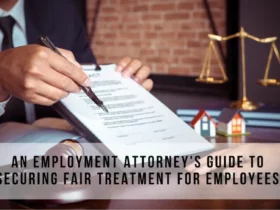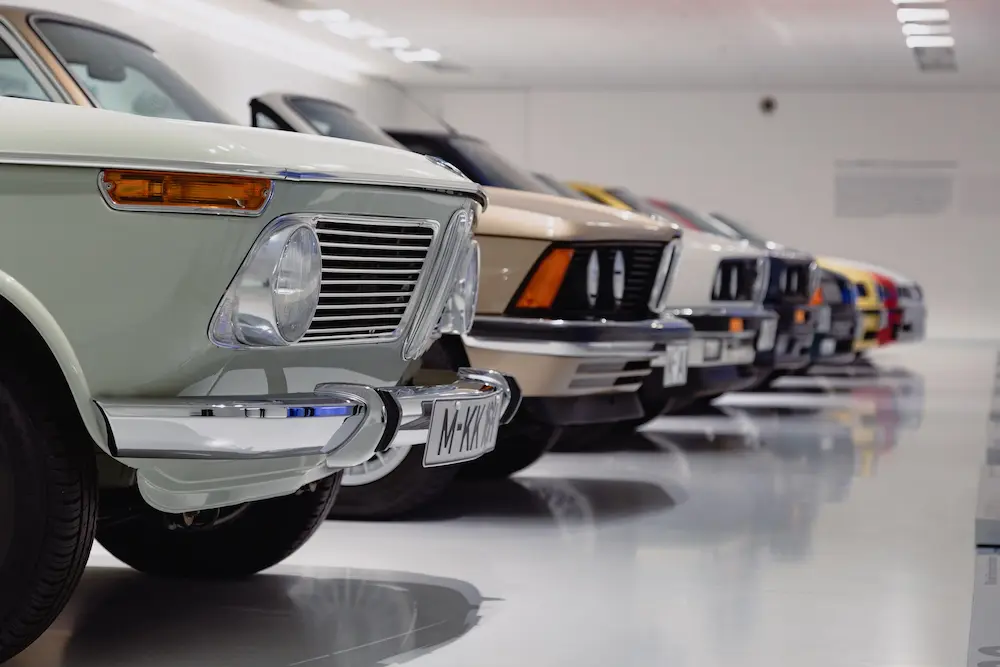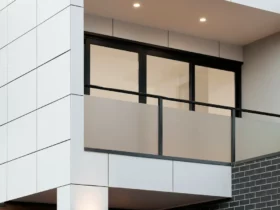Buying a car in a showroom is not a cheap investment, so every buyer tries to protect himself from unforeseen circumstances and responsibly approaches the conclusion of a contract.
After all, even if we are talking about a new car, the risk of its failure or other situations that will force the owner to refuse the transaction cannot be completely ruled out.
You may have to return the purchased car back to the seller. And to make this possible, you need to make sure that the documentation is available and correct.
Return criteria
The car is the same product as the thing from the store, therefore it is regulated by consumer protection law. The return will be possible if the client follows the legal requirements and agrees to the expert procedure.
If during transportation the car fell off the tow truck, due to which its bumpers or aft part were damaged, dealers are obliged to carry out car repair including car scanning and diagnostics at their own expense in service center. A denting car and car body repair is an indisputable case when the return is beyond doubt. The car is then returned for sale.
The key criterion for a positive decision of the company is a serious defect received through no fault of the car owner. It could be:
- brake system;
- steering;
- powertrain;
- turbocharger;
- and other reasons.
If a breakdown is detected immediately after leaving the salon, the client has the right to file a claim with the dealer with a request to terminate the sales contract and return the full cost of the car or replace it with an identical model in different trim levels.
In what cases can you return the car
Since the car belongs to the category of goods, according to the law, each client can return it to the seller, adhering to the terms and requirements established by law.
There are several reasons for returning a car:
- the client decided to choose another car;
- after a more detailed test drive, the car disappointed or did not live up to expectations;
- serious defects or deficiencies in the equipment were found in the car;
- the car was out of order.
However, not in all situations, the company can approve the return. Representatives of dealerships do not always meet the needs of the client, which makes him defend his rights.
The possibility of return is provided if a significant defect is found, namely:
- problems with the paintwork and body geometry, due to which the client was forced to completely change the paint and primer throughout the car;
- critical breakdown of the power unit, the repair of which is comparable to the cost of the machine;
- deficiencies identified repeatedly and not eliminated after repair.
Also, termination of the contract is possible in case of violation of the terms of repair or inability to use the machine during the year of the warranty period for more than 30 days due to frequent calls to the service center.
What to do in case of refusal
The car service has the right to perform a thorough technical inspection of the car in order to identify breakdowns or their absence. It is possible that the damage is due to the negligence of the user, which will lead to a refusal to return.
Having received a negative answer, you need to request additional technical expertise with personal participation. By law, the dealer must conduct an independent inspection at his own expense.
If, after passing the examination, it is still impossible to agree on a return, you will need to apply to the court or other competent authorities.
How to check a car in a car dealership
In order not to run into trouble after buying a car, you need to know how to behave in a car dealership and conduct a thorough check of the vehicle for defects and malfunctions before signing a contract.
First of all, you should pay attention to such nuances:
- Documentation and keys. Try checking the VIN of the car against the one on the datasheet. Also make sure that the locking mechanisms work properly, both electronically and mechanically;
- Body condition. During a visual inspection of the body, defects in the paintwork can be detected. Also check the proper operation of the doors, trunk, and hood;
- Electronic equipment. Make sure that each key and toggle switch in the cabin is working properly. This will identify problems with lighting equipment, power windows, air conditioning, and other complexes and systems.
Also, ask representatives of the auto center for a test drive to check the car. Before it, open the hood and check the tightness of the components. A test drive will allow you to verify the correct operation of the machine or refuse to purchase.









